Various agencies of the United Nations (UN) in Geneva on Tuesday expressed their concern over the latest development in Ukraine, calling on all sides to cease hostilities and to pave the way for dialogue instead of setting the stage for further violence.
Jens Laerke, spokesperson for the Office for the UN Coordination of Humanitarian Affairs, told a press briefing that the Office had received reports of increased insecurity in eastern Ukraine, in the context of the hostilities which had been ongoing for the past eight years.
"We have seen reported increases in hostilities that is for sure, we call on everybody on all parties to protect civilians and protect civilian infrastructure in this very volatile situation," he noted.
He told reporters that on Feb. 18, a convoy had delivered humanitarian supplies to non-Government-controlled areas in the country, however, funding remained short and the international community is urged to provide additional resources.
Shabia Mantoo, spokesperson for the UN Refugee Agency (UNHCR), said at the same press briefing that UNHCR continued to closely monitor what was a "volatile and unpredictable situation" and stood ready to meet any new humanitarian needs that might arise.
Alessandra Vellucci, Director of the United Nations Information Service in Geneva, told reporters that the United Nations had 1,510 staff members in Ukraine, including 149 international staff and 1,361 national staff.
In total, there are 100 international and national staff operating in the Donetsk and Luhansk regions, she said, adding that the United Nations was fully committed to staying and delivering in eastern Ukraine.
"Staff numbers remained stable, although, in the light of the evolving situation on the ground, the temporary relocation of small numbers of non-essential staff and dependants was allowed," she noted.
In a press release issued Tuesday, UN High Commissioner for Human Rights Michelle Bachelet said that she was deeply concerned that any significant escalation in military action would create a heightened risk of serious human rights violations.
"At this critical juncture, the priority, above all, must be to prevent a further escalation, to prevent civilian casualties, displacement and destruction of civilian infrastructure," she said.











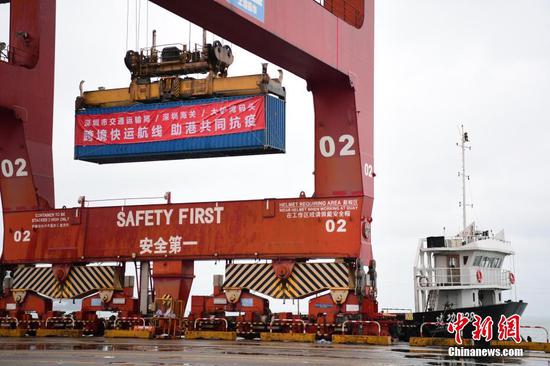











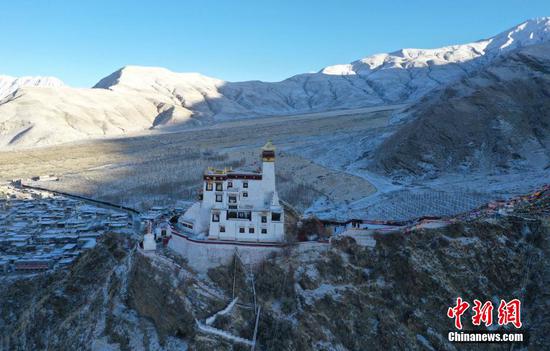




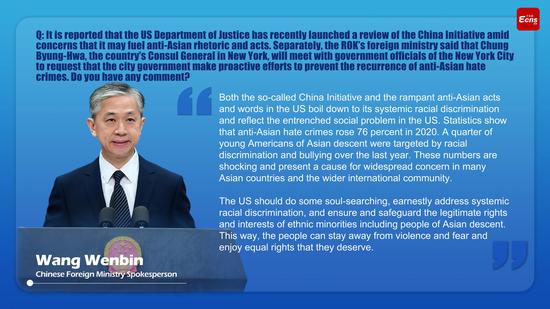



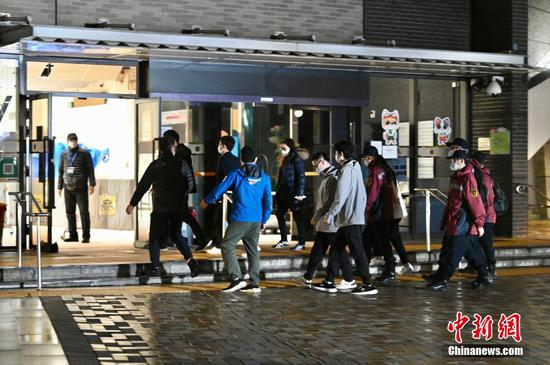






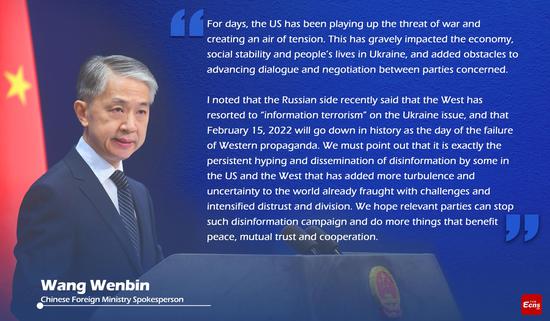


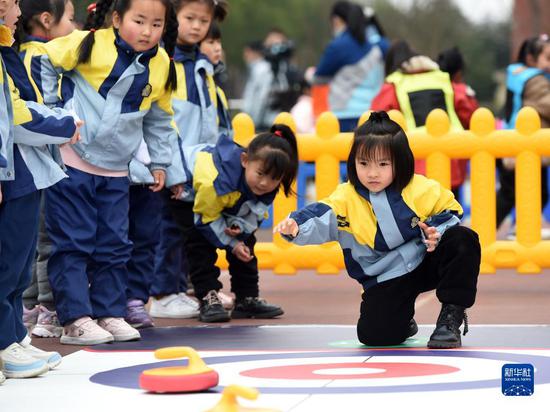







 京公网安备 11010202009201号
京公网安备 11010202009201号